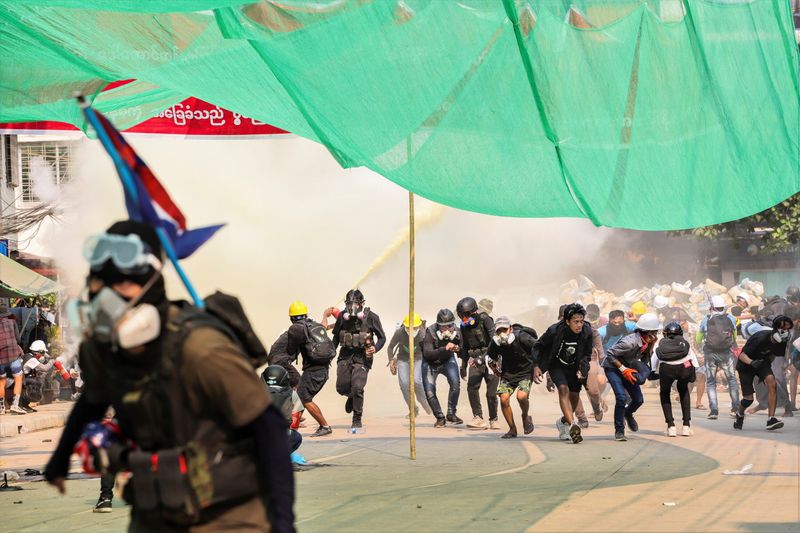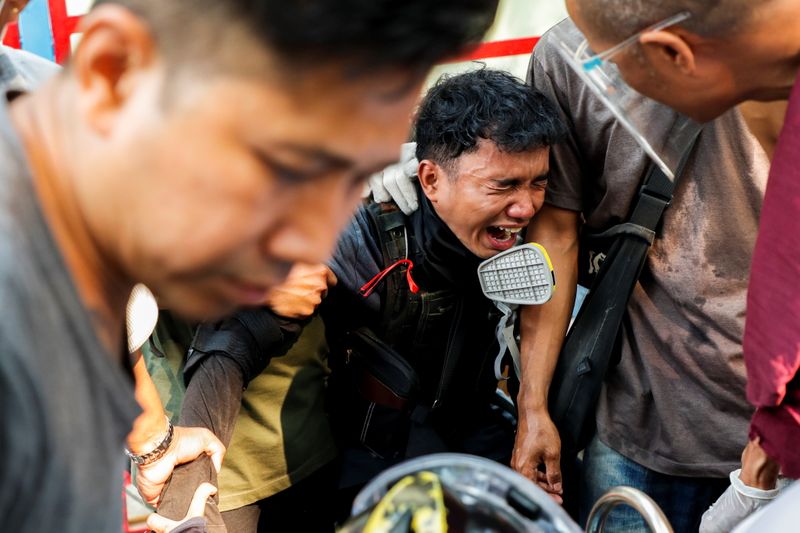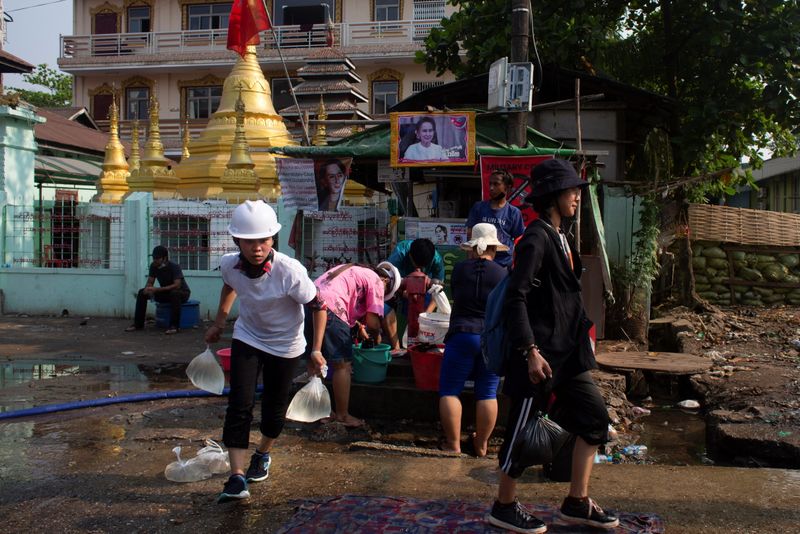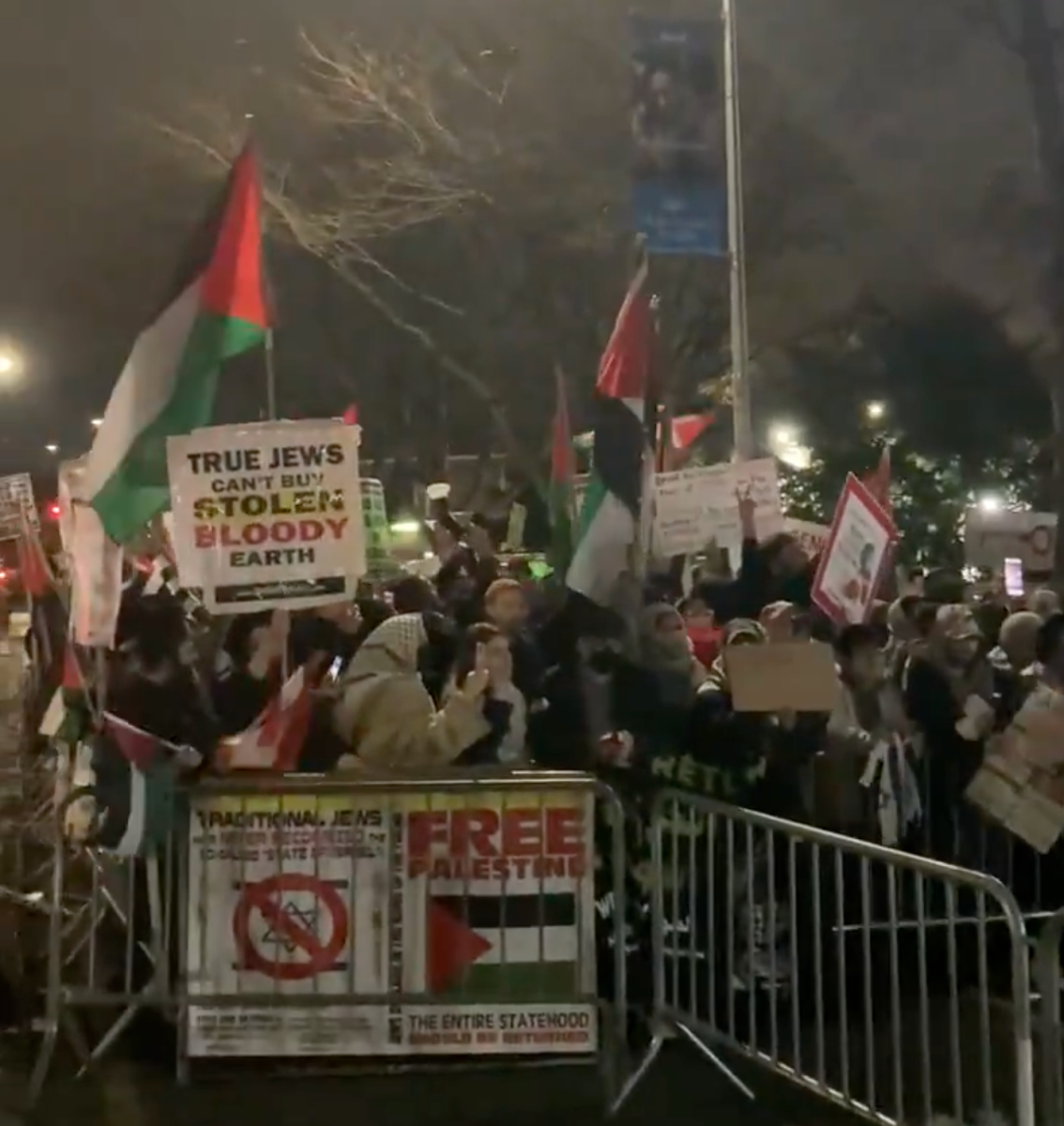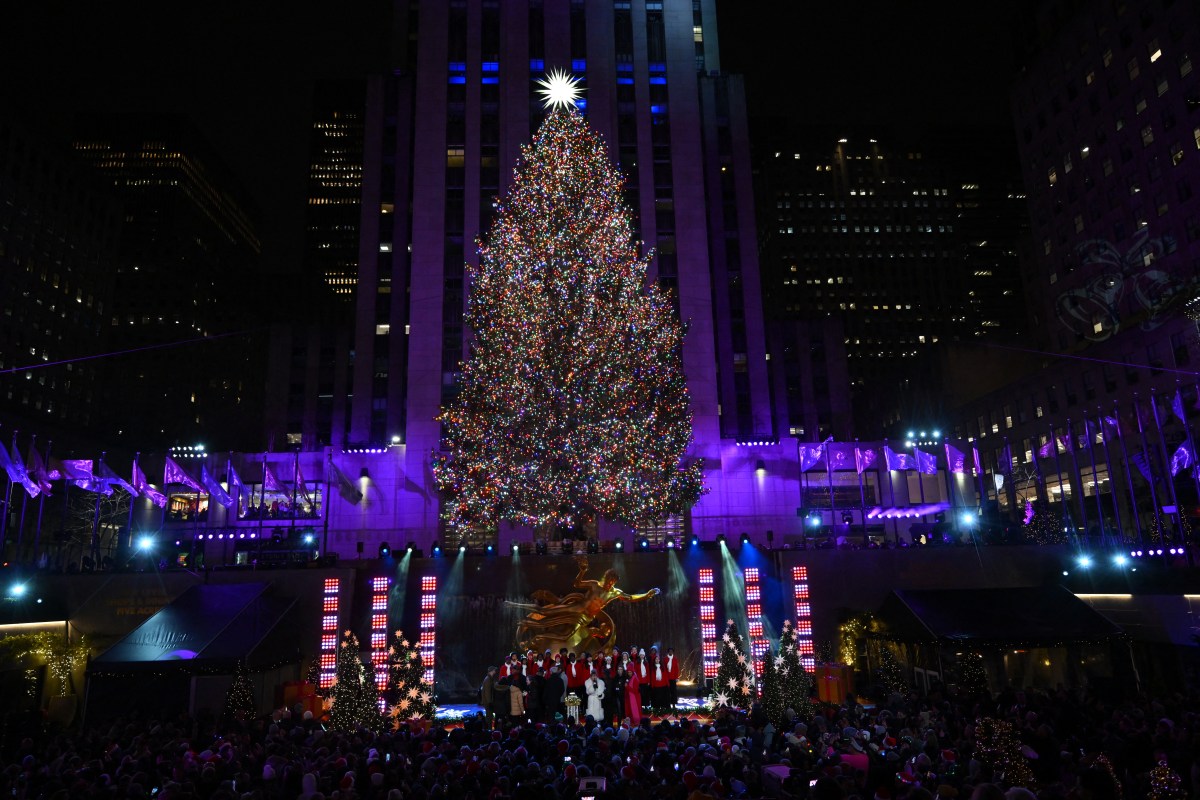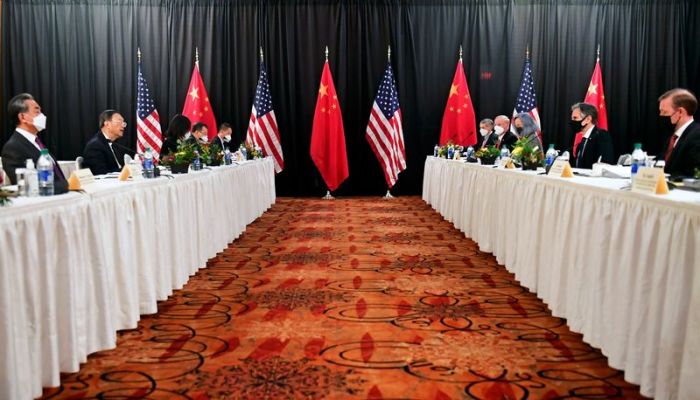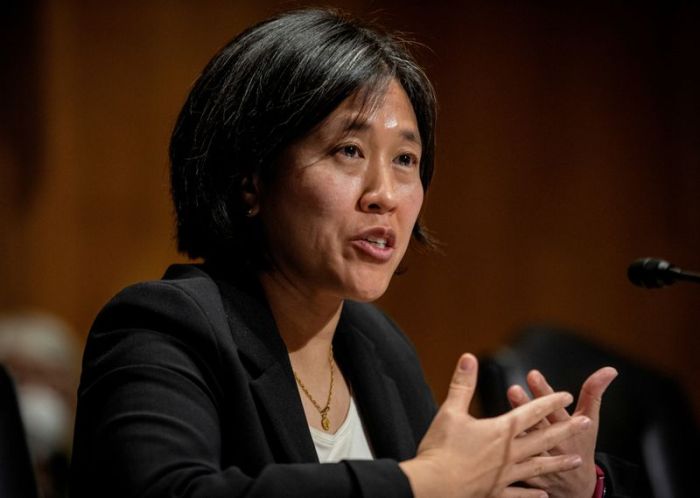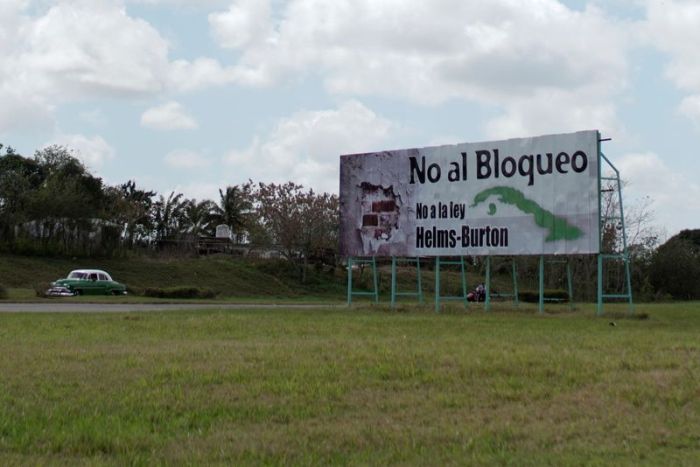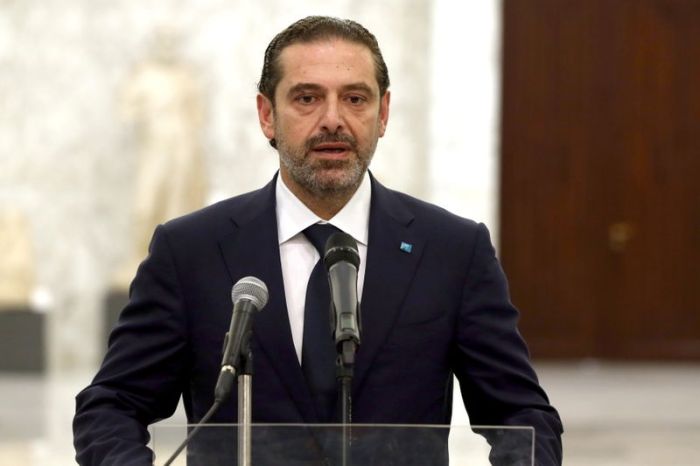(Reuters) – Thousands of opponents of military rule in Myanmar marched in the town of Natmauk, the birthplace of revered national hero Aung San, on Thursday in defiance of a crackdown by security forces, local media reported.
Demonstrations also took place in other towns and cities, with security forces killing three people, an activist group said. The authorities placed further restrictions on internet services, hampering protesters’ ability to organise.
The move left Myanmar more isolated just as the European Union prepared to impose sanctions on the military over the Feb. 1 coup that ousted the elected government of Aung San Suu Kyi – the daughter of Aung San.
Security forces have used increasingly violent tactics to suppress daily demonstrations.
The total toll of those killed in the weeks of unrest rose to 224, the Assistance Association for Political Prisoners activist group said. A total of 2,258 people had been arrested, charged or sentenced, it said.
In Geneva, United Nations human rights experts denounced forced evictions, arbitrary detentions and the killings of pro-democracy protesters. They said foreign governments should consider pursuing those responsible for crimes against humanity.
The security forces have focused on stamping out dissent in the commercial capital Yangon. But the Democratic Voice of Burma reported that thousands of people marched in the central town of Natmauk. There were no reports of violence.
The Natmauk protest had a symbolic significance as it was the hometown of Aung San, who led Burma’s struggle for independence from Britain but was assassinated in 1947.
His daughter Suu Kyi, aged 75, is also hugely popular for her decades-long campaign for democracy.
The Nobel peace laureate is now being held in detention at an undisclosed location while facing accusations of bribery and other crimes which could see her banned from politics and put in prison if convicted. Her lawyer says the charges are trumped up.
A lawmaker from her National League for Democracy party posted a message on social media saying that Kyi Toe, a significant NLD figure since Suu Kyi’s arrest and a member of its information committee, had himself been arrested on Thursday.
Western countries have condemned the coup and called for an end to the violence and for Suu Kyi’s release. Asian neighbours have offered to help find a solution, but Myanmar’s military has shown no sign of seeking reconciliation.
Coup leader General Min Aung Hlaing took part in a video conference with other Southeast Asian defence chiefs, his first international engagement since seizing power, state television showed on Thursday. There was no indication the Myanmar crisis was discussed.
The army has defended its coup, saying its accusations of fraud in a Nov. 8 election swept by Suu Kyi’s NLD were rejected by the electoral commission. It has promised a new election but not set a date.
MOTORBIKE PROTESTS
In other protests on Thursday, about 1,000 people on motorbikes drove around the central town of Taungoo and hundreds marched in the northern jade-mining town of Hpakant, the Irrawaddy news service reported.
Protesters also gathered in the central town of Monywa after a 24-year-old campaigner against military rule died, three days after security forces detained and beat him, the Irrawaddy and Myanmar Now news portal reported.
A junta spokesman did not answer telephone calls seeking comment.
Opponents of the coup also gathered in some neighbourhoods of Yangon, which has seen the worst of the weeks of violence. Parts of the city are under martial law.
In one district, security forces opened fire and torched protesters’ barricades, detaining 20 people, the Irrawaddy reported. There were unconfirmed reports of one person wounded.
Yangon residents said soldiers also ordered people to dismantle barricades and remove posters on some streets.
Authorities have restricted the internet services that protesters use to organise and post reports and pictures, with access to Wi-Fi in public areas largely shut off by Thursday.
Information within Myanmar is becoming increasingly difficult to verify. Some 37 journalists have been arrested, including 19 who remain in detention, the U.N. human rights office said.
SANCTIONS
International powers were meanwhile preparing to step up pressure on the junta. The European Union is due to place sanctions on individual military figures on Monday and then target businesses they run. The measures would be its most significant response so far since the coup.
Military conglomerates Myanmar Economic Holdings Limited (MEHL) and Myanmar Economic Corporation (MEC) are spread through the economy from mining and manufacturing to food and beverages to hotels, telecoms and banking. The new sanctions would bar EU investors and banks from doing business with them.
The EU’s expected sanctions follow a U.S. decision last month to target the military and its business interests. Britain last month froze the assets and placed travel bans on three Myanmar generals.
The United Nations food agency said this week that rising prices of food and fuel meant many poor families faced shortages and hunger.
“Whatever happens in Myanmar over coming months, the economy will collapse, leaving tens of millions in dire straits and needing urgent protection,” historian and author Thant Myint-U said on Twitter.
On Myanmar’s border with Thailand, hundreds of people who have fled towns and cities are sheltering in areas controlled by ethnic insurgents, an official from the Karen National Union (KNU) said.
They included strike leaders, government staff, deserters from the police and military, and MPs from the ousted government, said Padoh Saw Taw Nee, whose KNU has been fighting the Myanmar army for decades.
Thai authorities were bracing for a surge of refugees and have set aside areas to shelter more than 43,000 people in Mae Sot district, according to plans seen by Reuters.
(Reporting by Reuters staff, Writing by Angus MacSwan, Editing by Hugh Lawson)

